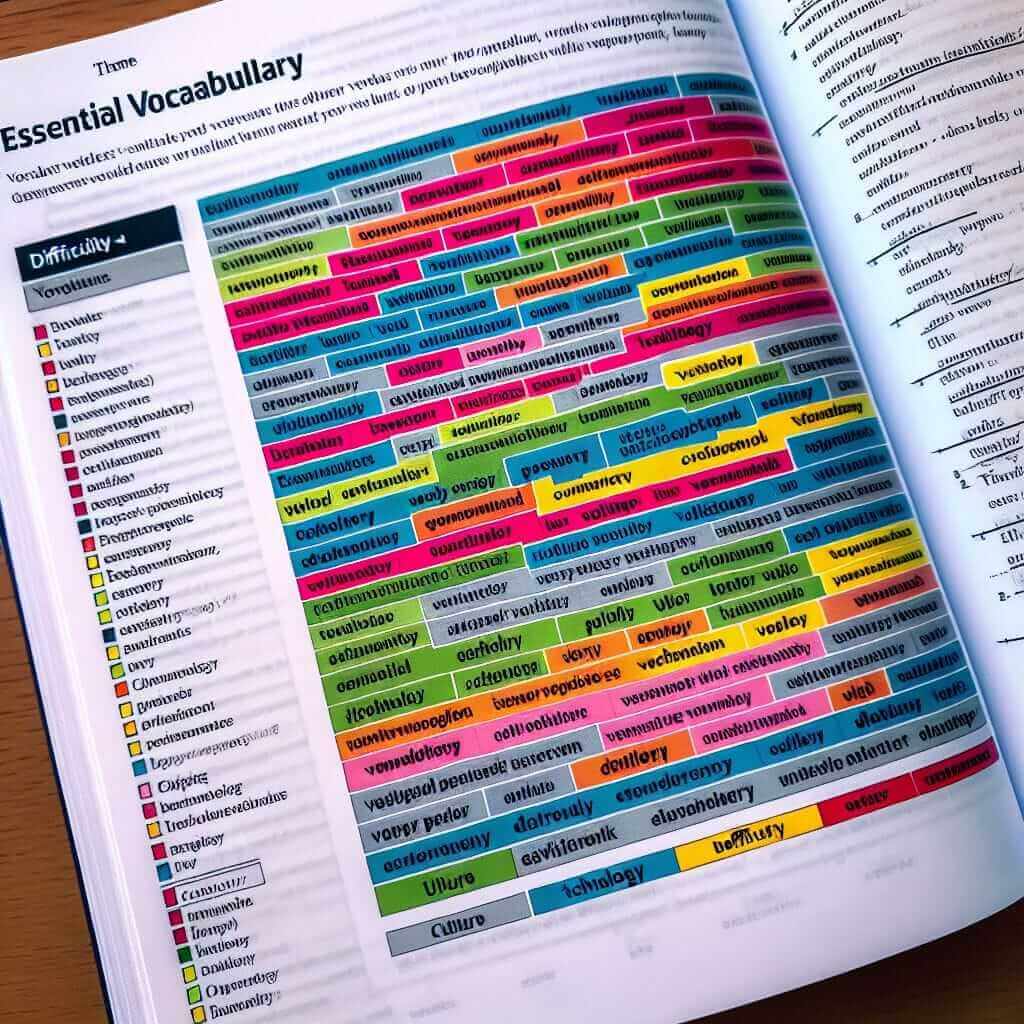Understanding the IELTS Test and Band Scores
The International English Language Testing System, or IELTS, is a globally recognized English proficiency test. It assesses your ability to use English for study, work, or migration. Achieving a high IELTS band score is crucial for accessing opportunities worldwide.
The IELTS test evaluates your English skills in four modules:
- Listening: This module assesses your ability to understand spoken English in various contexts.
- Reading: This module tests your comprehension of written English texts.
- Writing: This module evaluates your ability to express yourself in written English.
- Speaking: This module assesses your fluency and coherence in spoken English.
Each module is scored on a band scale of 0-9, with 9 being the highest level of proficiency. Your overall band score is the average of your scores in all four modules.
Effective Strategies to Boost Your IELTS Band Score
As an IELTS tutor with over two decades of experience, I’ve helped countless students achieve their target scores. Here are some tried-and-tested strategies to elevate your IELTS performance:
1. Master the IELTS Test Format
Understanding the test format is paramount. Familiarize yourself with the structure, question types, and time limits of each module. Take practice tests under timed conditions to simulate the actual test environment.
2. Enhance Your English Language Skills
Improving your English proficiency is crucial for a high IELTS score. Focus on these key areas:
- Vocabulary: Expand your vocabulary range and learn topic-specific vocabulary relevant to the IELTS test.
- Grammar: Review and practice essential grammar rules to enhance the accuracy of your written and spoken English.
- Pronunciation: Work on clear and accurate pronunciation to improve your listening and speaking skills.
- Fluency and Coherence: Develop your ability to speak and write English fluently and coherently.

3. Utilize Official IELTS Resources
Make use of official IELTS preparation materials, such as practice tests, sample answers, and assessment criteria. These resources provide valuable insights into the test format, question types, and expected responses.
4. Seek Expert Guidance
Consider enrolling in an IELTS preparation course or working with an experienced tutor. They can provide personalized feedback, identify your strengths and weaknesses, and guide you towards achieving your desired score.
Example from a Real IELTS Speaking Test
Examiner: “Let’s talk about transportation. How do you usually commute to work or school?”
Candidate: “Well, I live in a bustling city with heavy traffic congestion. So, I prefer to take the subway. It’s efficient, reliable, and eco-friendly compared to driving.”
Examiner: “Do you think public transportation in your city could be improved?”
Candidate: “Definitely. While the subway system is generally efficient, there’s room for improvement in terms of accessibility for people with disabilities and the frequency of trains during peak hours.”
This example demonstrates how a candidate can respond coherently, use a range of vocabulary, and express their ideas effectively.
Tips for Success on Test Day
- Get a good night’s sleep: Ensure you are well-rested before the test.
- Arrive early: Allow ample time to register and settle in before the test begins.
- Read instructions carefully: Pay close attention to all instructions provided.
- Manage your time wisely: Allocate your time effectively for each question.
- Stay calm and focused: Avoid panicking, even if you encounter challenging questions.
Conclusion
Achieving a high IELTS band score requires dedication, preparation, and effective strategies. By following these tips, you can enhance your English proficiency and boost your chances of success in the IELTS test. Remember, practice makes perfect, so keep practicing and refining your skills. Good luck!